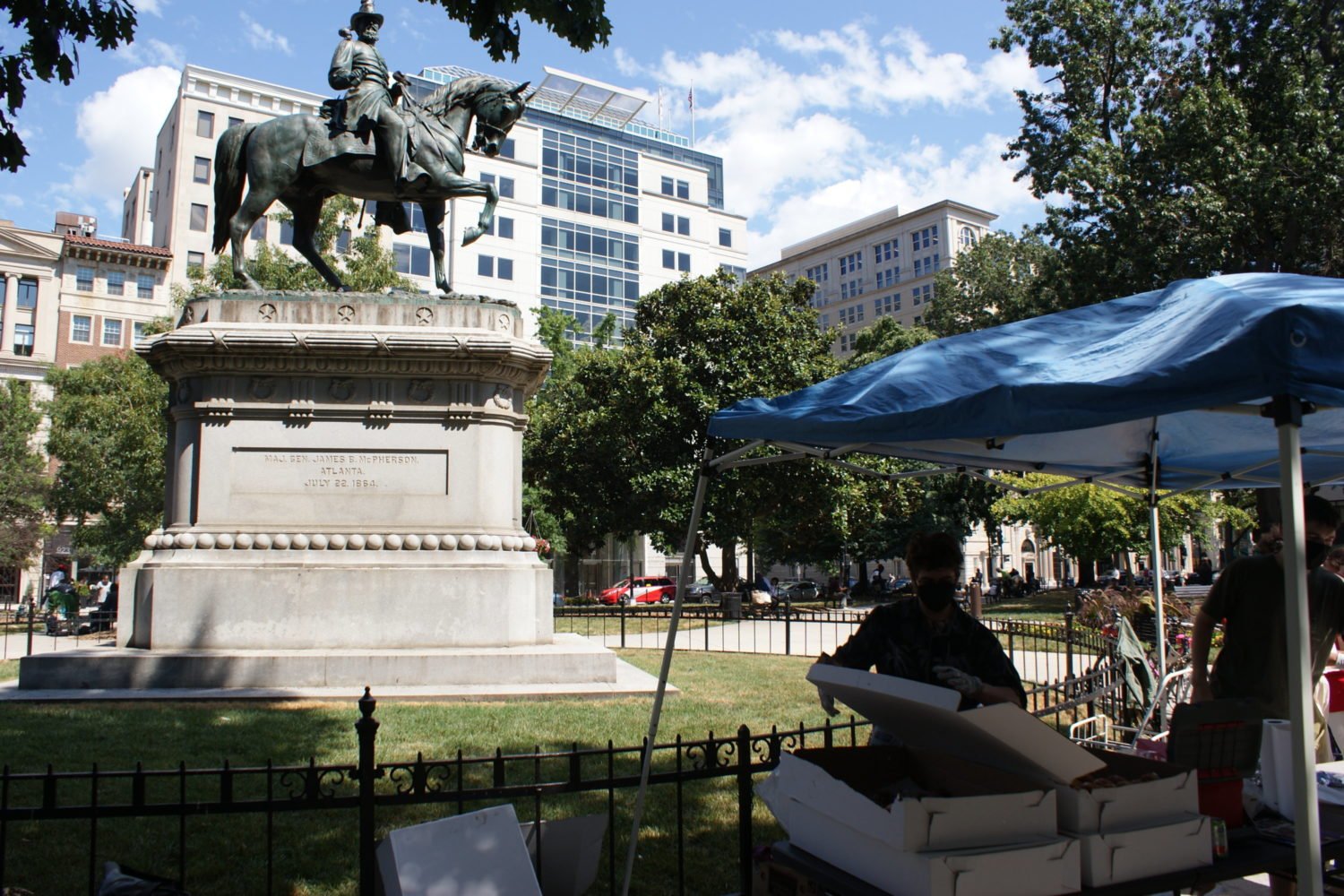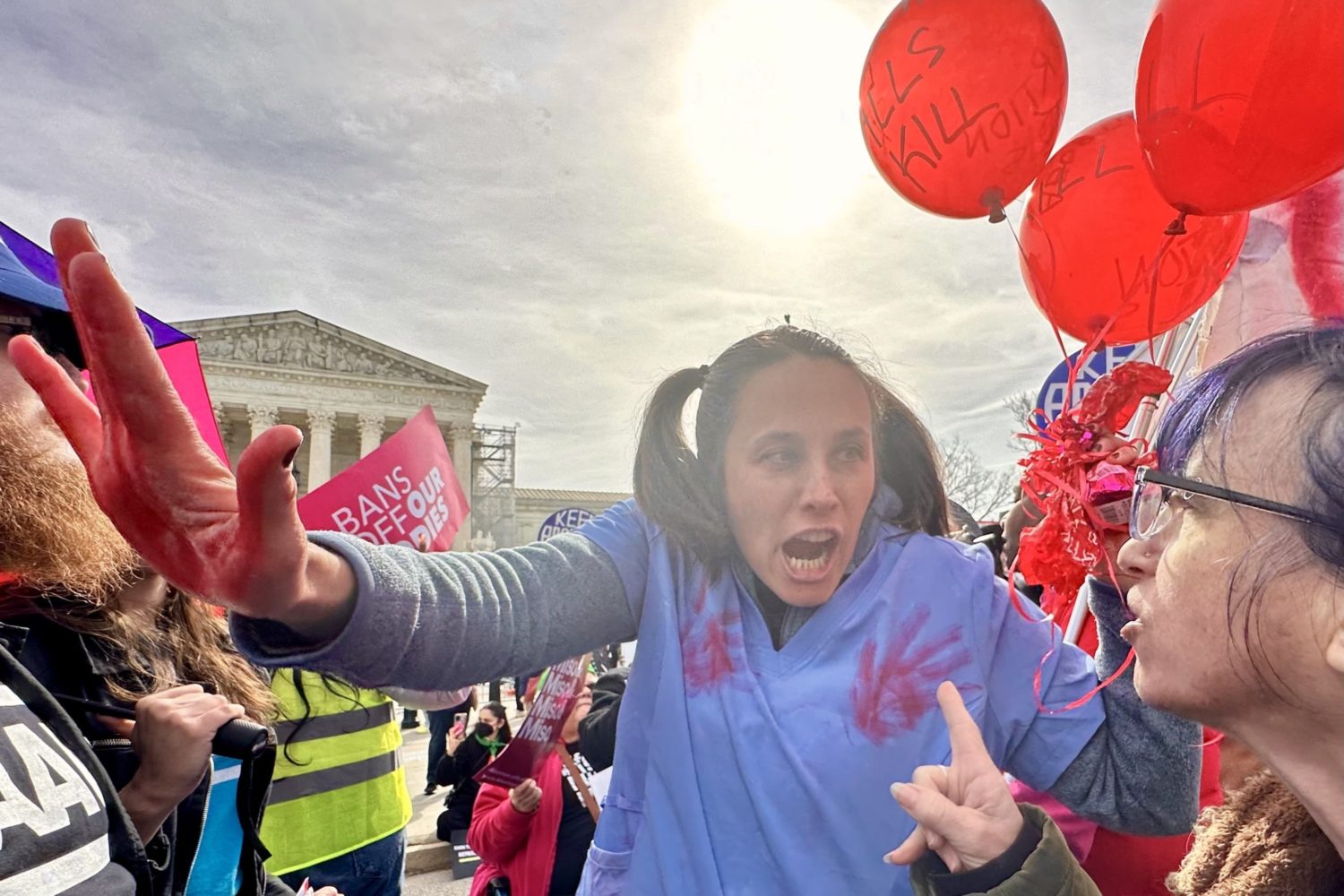Politico’s publication of a draft Supreme Court opinion that signals the end Roe v. Wade has hit Washington like a thunderbolt, triggering protests outside the Supreme Court, generating blowback for pro-choice Republican Senators who supported Trump’s nominees for the bench, and sparking an investigation to determine how the sensitive materials ended up in the hands of reporters Josh Gerstein and Alexander Ward. Because of the profound consequences that the draft opinion portends for abortion access in America, its publication is among the most significant leaks in Washington’s history. Here are six other bombshell leaks that rocked the nation’s capital.
The Pentagon Papers
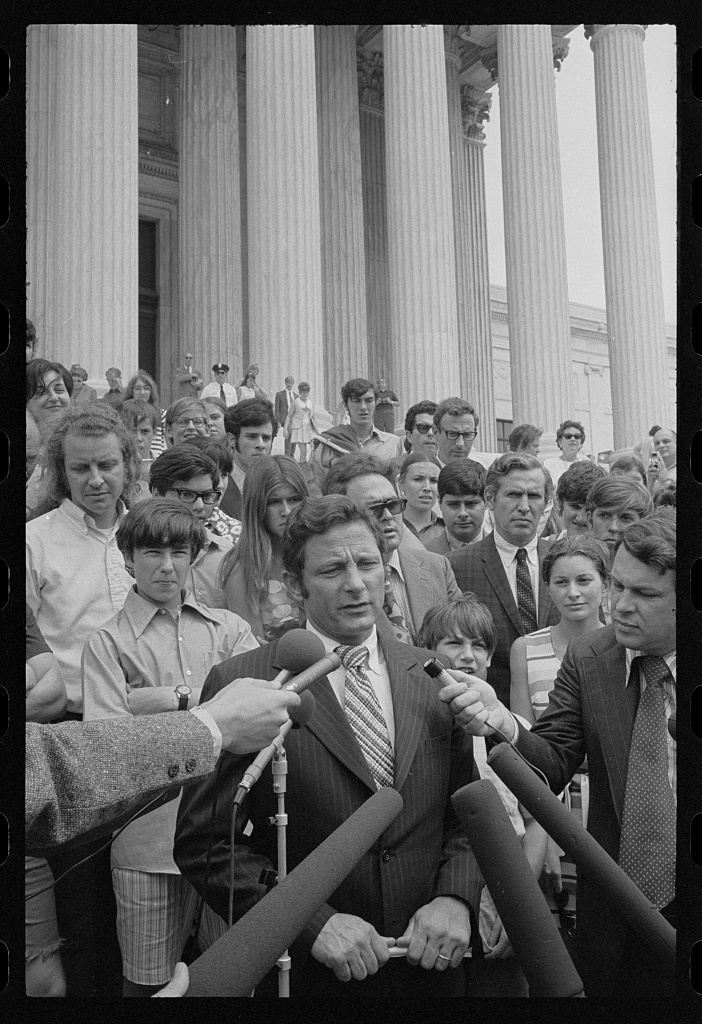
In 1971, the military analyst Daniel Ellsberg sent copies of the top-secret Pentagon Papers to reporters at the Washington Post and the New York Times. The revelations about how badly the Vietnam war was going for American forces stunned the public, and the episode also led to a landmark Supreme Court ruling affirming that the newspapers had the right to publish the material.
Deep Throat

At the start of the 1970s, a high-ranking FBI official, Mark Felt, reinvented himself as Deep Throat, the anonymous source who provided the Washington Post’s reporting duo—Bob Woodward and Carl Bernstein—with the secret information they needed for their historic Watergate scoops. The bombshell revelations would push Nixon out of the White House, inspire a Hollywood movie, and endow the Washington Post with its romantic mystique.
The Valerie Plame affair
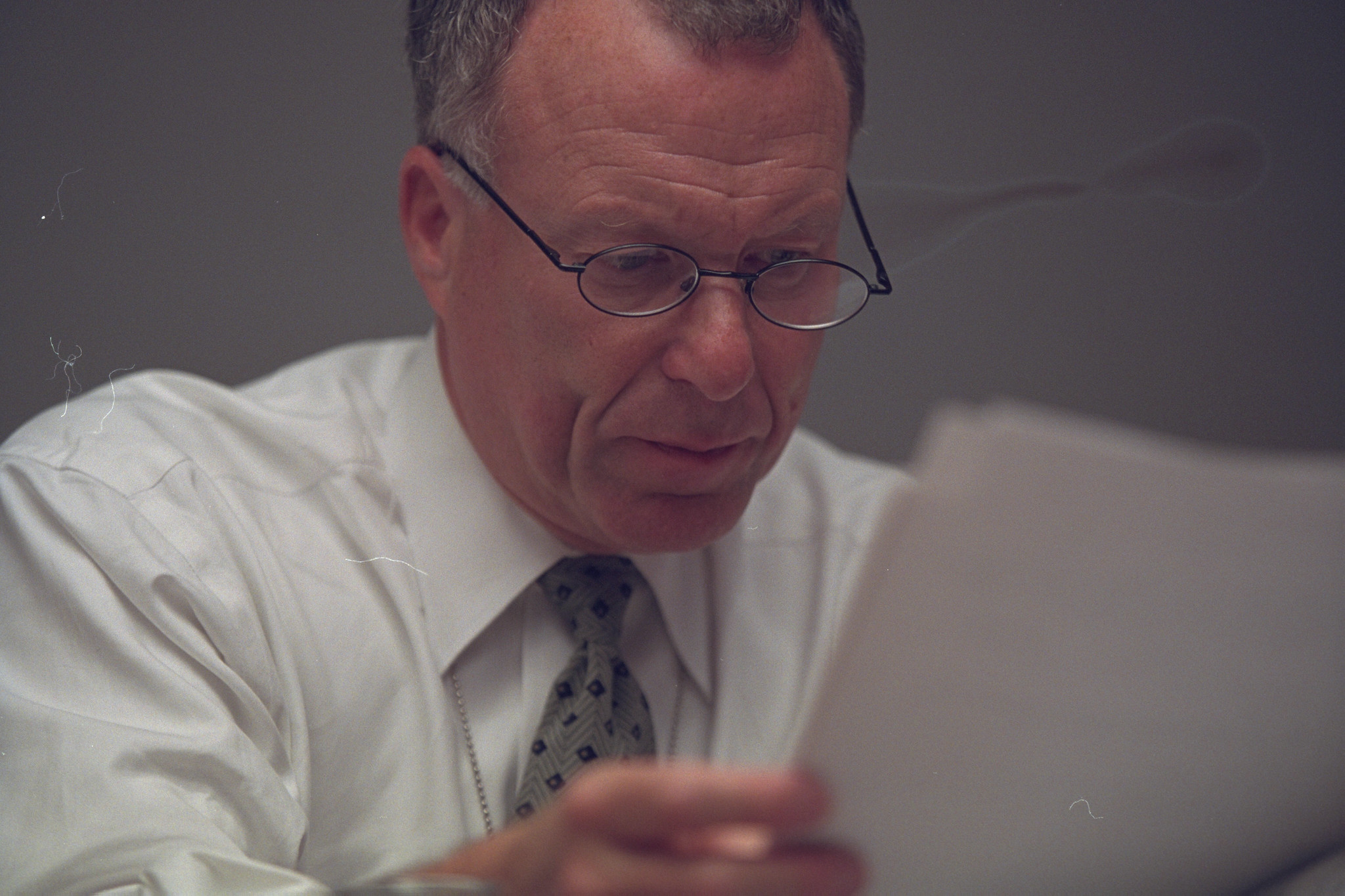
In 2003, Richard Armitage, the then deputy secretary of state, disclosed the identity of a CIA officer to the conservative columnist Robert Novak. Though Armitage would later insist that he’d made the disclosure inadvertently, the outing of Valerie Plame as a CIA operative would trigger a federal investigation into the source of the leak, embroil the Bush administration in controversy, and lead to the conviction of Dick Cheney’s former chief of staff, “Scooter” Libby, on obstruction of justice and other charges. Armitage didn’t reveal himself to be Novak’s original source until 2006, according to CNN.
Edward Snowden

Ex-intelligence contractor Edward Snowden in 2013 provided information to journalists at the Guardian and the Washington Post that exposed classified government surveillance programs that harvested telecommunications data of millions of citizens. After American law enforcement authorities filed espionage charges against Snowden, he fled to Russia.
The DNC hack
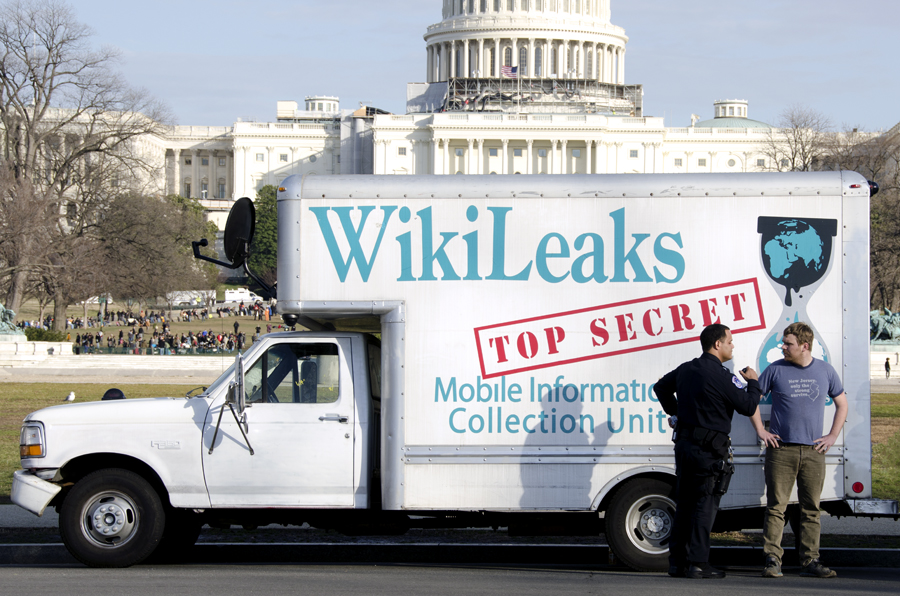
In July of 2016, Wikileaks released an embarrassing cache of roughly 20,000 emails that had been sent and received by senior figures in the Democratic Party. The emails—which had been hacked by Russian operatives—showed top DNC officials disparaging Bernie Sanders, led to the resignation of Debbie Wasserman Schultz as DNC chair and stirred discord inside the Democratic Party.
The Comey memos
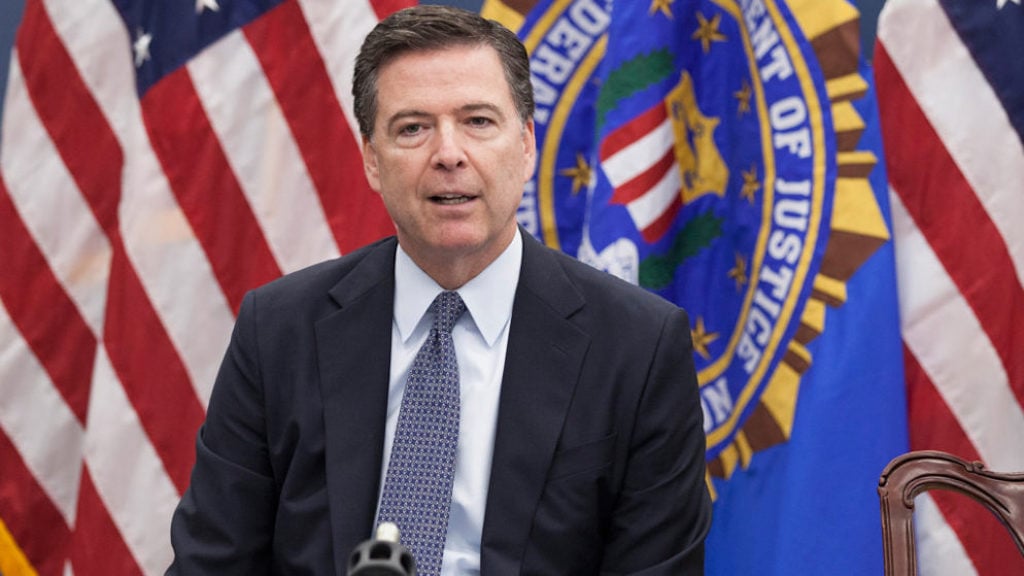
After former President Trump fired him in May 2017, former FBI director James Comey used the assistance of a friend to leak the contents of a memo that, among other things, contained his recollection of a discussion in which Trump suggested that the bureau scrap its probe into Michael Flynn, according to NBC News. A subsequent report by the Department of Justice’s Office of Inspector General concluded that Comey’s actions broke FBI policy, but the DOJ declined to prosecute him.

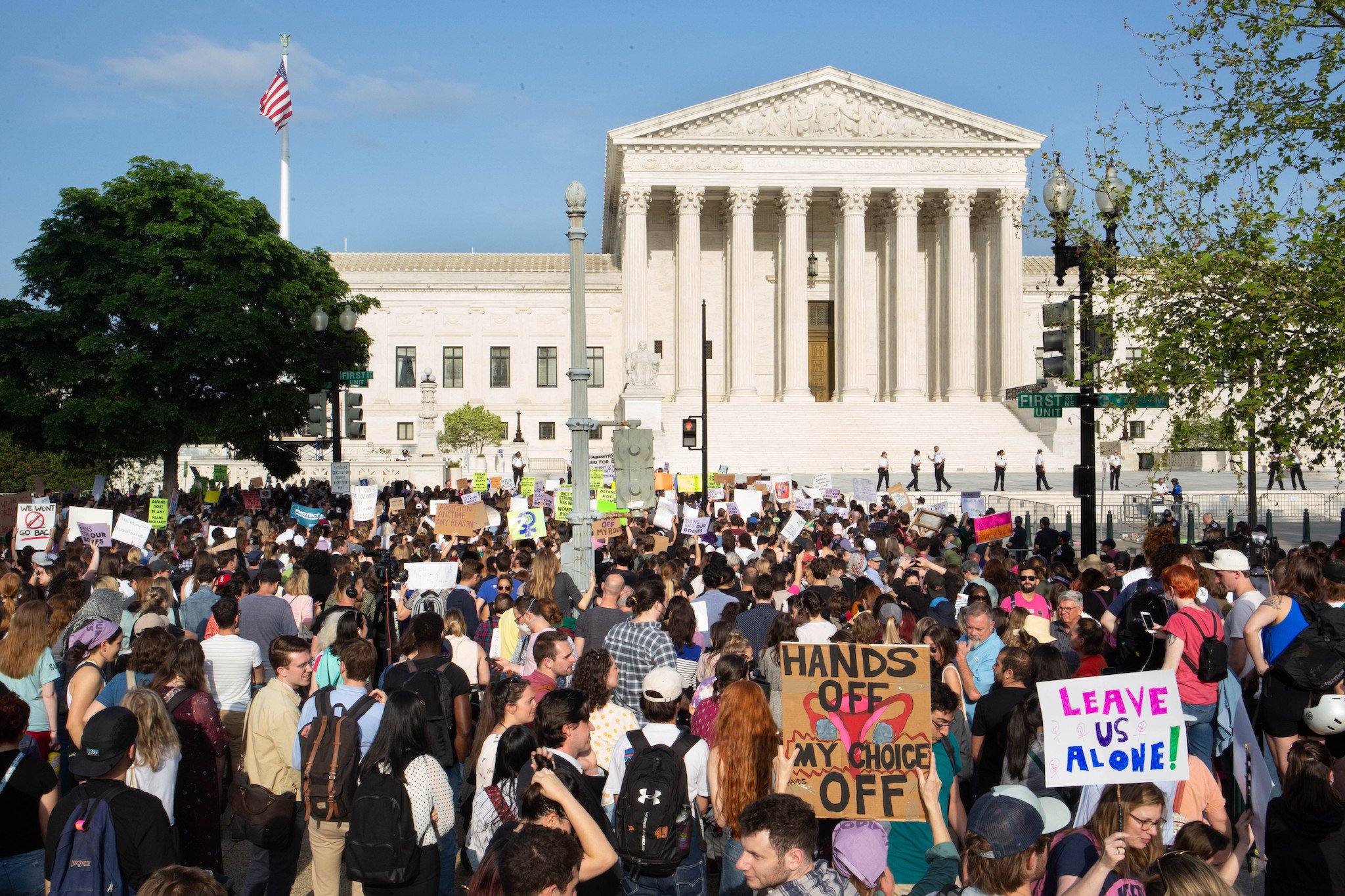
![Luke 008[2]-1 - Washingtonian](https://www.washingtonian.com/wp-content/uploads/2017/10/Luke-0082-1-e1509126354184.jpg)






